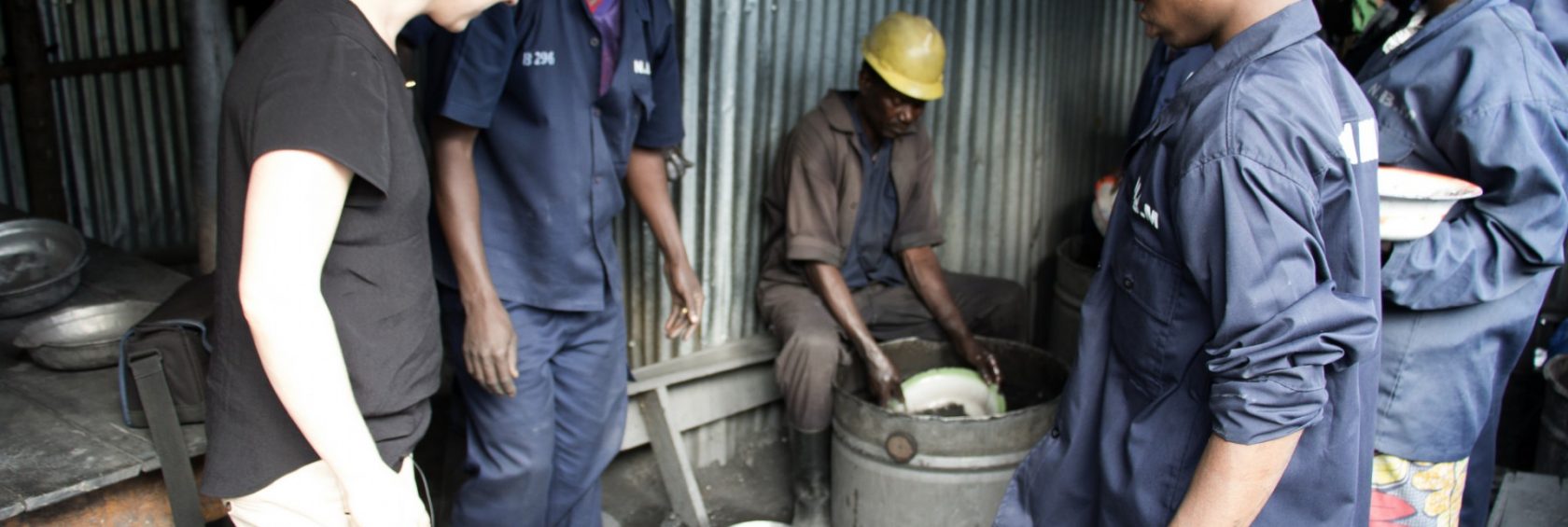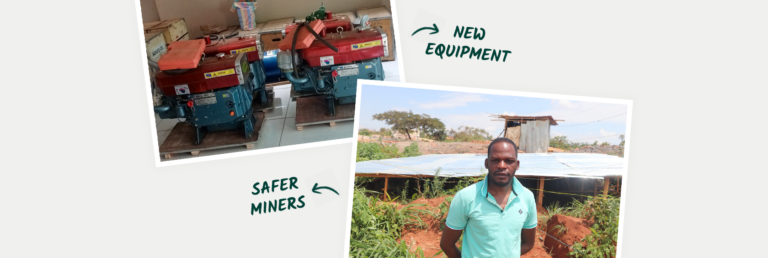New EU conflict mineral legislation: another step towards industry-wide change
Last week Thursday, Members of the European Parliament voted with a great majority for the new legislation on the responsible sourcing of four conflict minerals: tin, tantalum, tungsten and gold. Because this topic is at the heart of our goals, I wanted to briefly look at the new law, its wider implications and what it means for Fairphone.
What is included in the EU conflict mineral legislation?
The main objective of the EU conflict mineral legislation is to stop the financing of armed groups and human rights abuses caused by the mineral trade. The new law requires mandatory due diligence checks for importers of tin, tungsten, tantalum and gold from conflict and high-risk areas. While the Dodd-Frank Act applied to publicly traded companies, the European law applies to importers of the 3T’s and gold, so not to the end-users (ie. brands like us) as importers are closer to the source of the minerals. Authorities in each EU member state will be responsible for ensuring that these checks are completed in accordance with OECD guidelines. The law will come into force after the council approves, except for the main articles specifying the due diligence requirements, which will only apply from January 2021 (see relevant documentation from the European Commission).
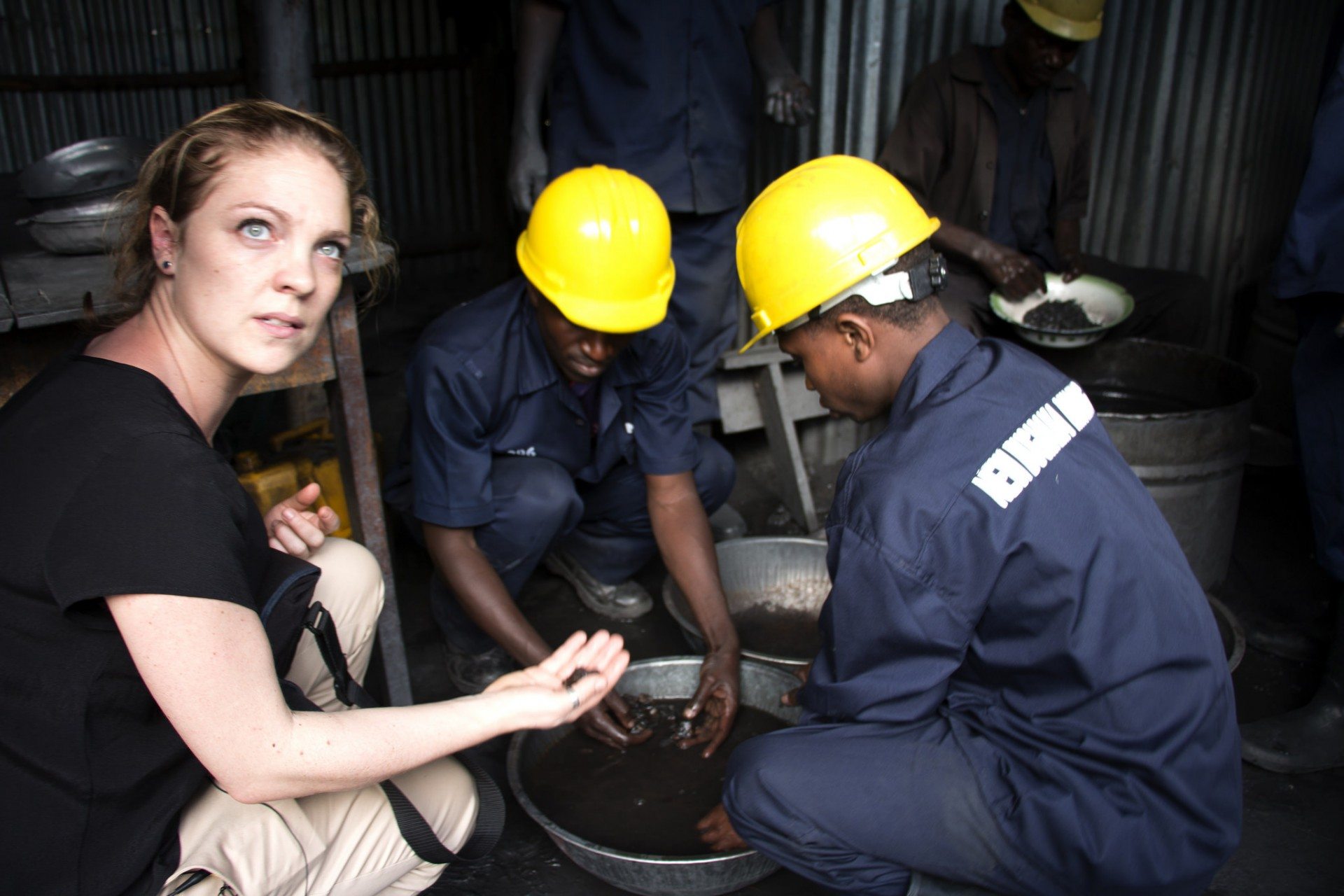
The risk of mandatory reporting is that companies, in this case importers, completely stop doing business in these regions, negatively affecting the exact same areas the law is trying to help. Recognizing this, the final legislation will be accompanied by other measures to ensure the law is effective and has a positive effect on the ground. For example, a list of responsible smelters and refiners will be published annually by the EU, specifically mentioning parties that source responsibly from conflict and high risk areas. The list should incentivize trade with these areas. The EU will specify requirements for conflict-free supply chains in their public procurement performance clauses and further include responsible mineral extraction in their existing development cooperation with third countries.These and other measures will be essential to drive positive impact in communities in conflict areas as they could incentivize constructive engagement with these regions.
How will this legislation influence positive change in the electronics industry?
The new law will be important for bringing more fairness to the electronics industry. It offers an incentive for transparent sourcing and shows the world that this topic is high on the EU’s agenda.
But while this EU law is a good first step, legislation is only one of the drivers for change.
The industry, market and public and civil society all need to work together with the law to create sustainable impact.
From an industry perspective, this legislation will increase awareness around these issues and provide positive opportunities for creating alliances and partnerships. At the same time the main requirement of the regulation is for importers to implement a due diligence process to minimise the risk of financing armed groups. To create actual change for the countries that are plagued by human rights violations related to mineral extraction, the promotion of responsible sourcing from conflict affected and high risk areas to grow the volume of legitimate trade would need to be encouraged.
Creating transparent supply chains and supporting the development of local economies takes resources and investment, and will in many cases mean accepting instead of mitigating risks on the short to mid-term. Mining sites in high risk areas often provide a significant income for the surrounding communities. However it requires significant efforts, time and engagement to facilitate a long term development from high to low risk mine sites. In order to avoid that whole regions depending on mining income will be drawn further into a poverty cycle, market access and investments in local communities are crucial. Market access itself requires that systems are in place to enable the tracing of a certain material to its origin and monitor the production circumstances.
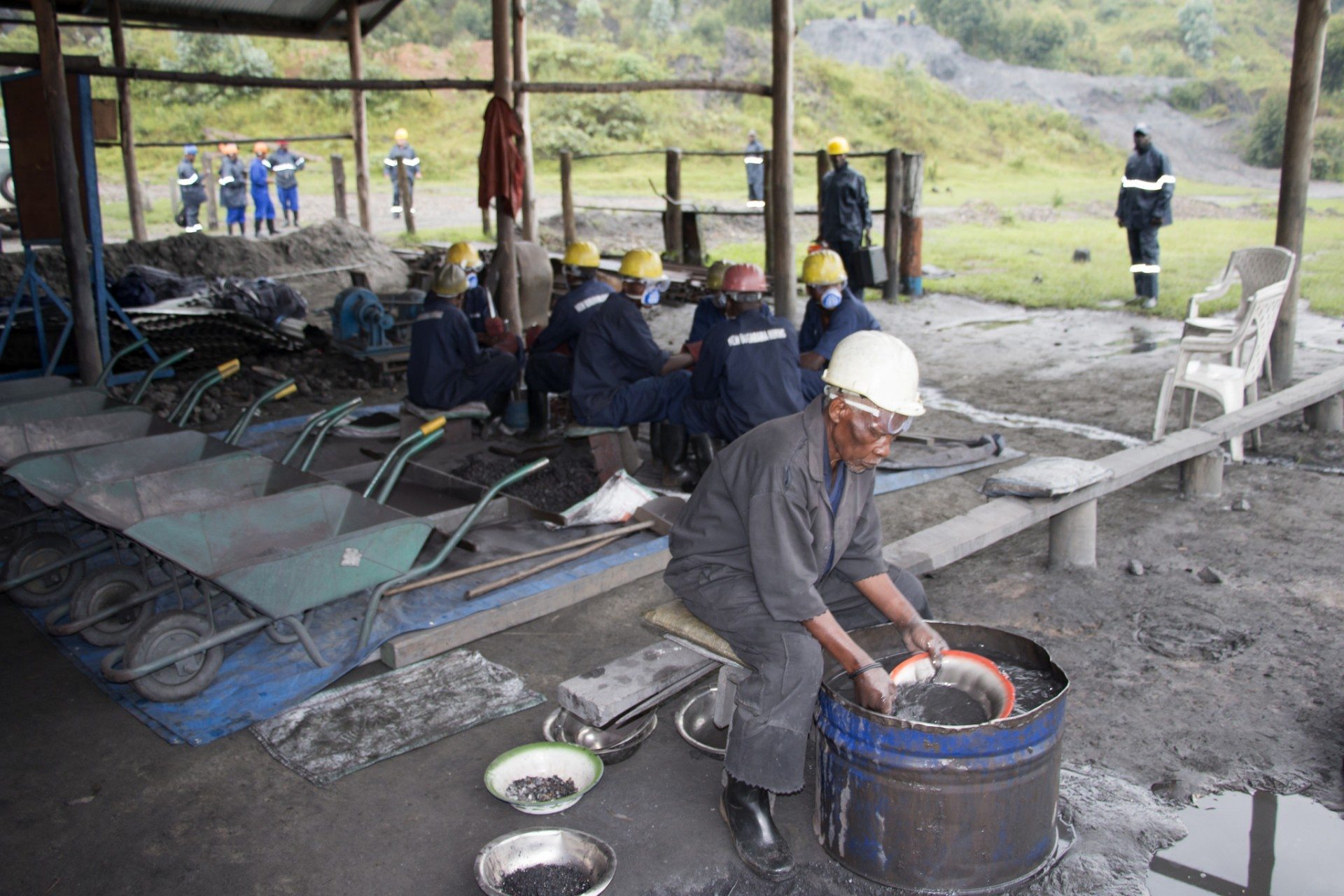
The rest of the industry such as the brands have a role to play here too, as they can incentivise and reward importers that source responsibly from conflict and high risk areas by linking their supply chain to these sources.
The market also plays an important role. We strongly believe that companies will change their practices once they see the market value. As consumers like you become more aware of the issues, you can ask for increased transparency and demand and buy fairer products. Similarly, other incentives such as government procurement play a role here. In the end, companies with fair, sustainable, transparent supply chains should be rewarded with a competitive advantage.
Finally, civil society, including non-profit organizations, industry watchdogs and the media need to keep making noise. They have the task of continuing to inform readers as well as draw attention and challenge the entire industry and government about issues, challenges and successes throughout the electronics industry.
What does this legislation mean for Fairphone?
Because the EU legislation doesn’t include any requirements for brands and manufacturers, it doesn’t impact Fairphone directly. But its goals align closely with what we’re already doing: creating transparent supply chains and tracing materials to their source. Now and in the years ahead, we will continue to focus on improving our existing conflict-free supply chains for tin, tantalum, tungsten and gold. In addition, we’re creating a shortlist of new material supply chains to focus on in the near future with the help of our recently completed materials scoping study.
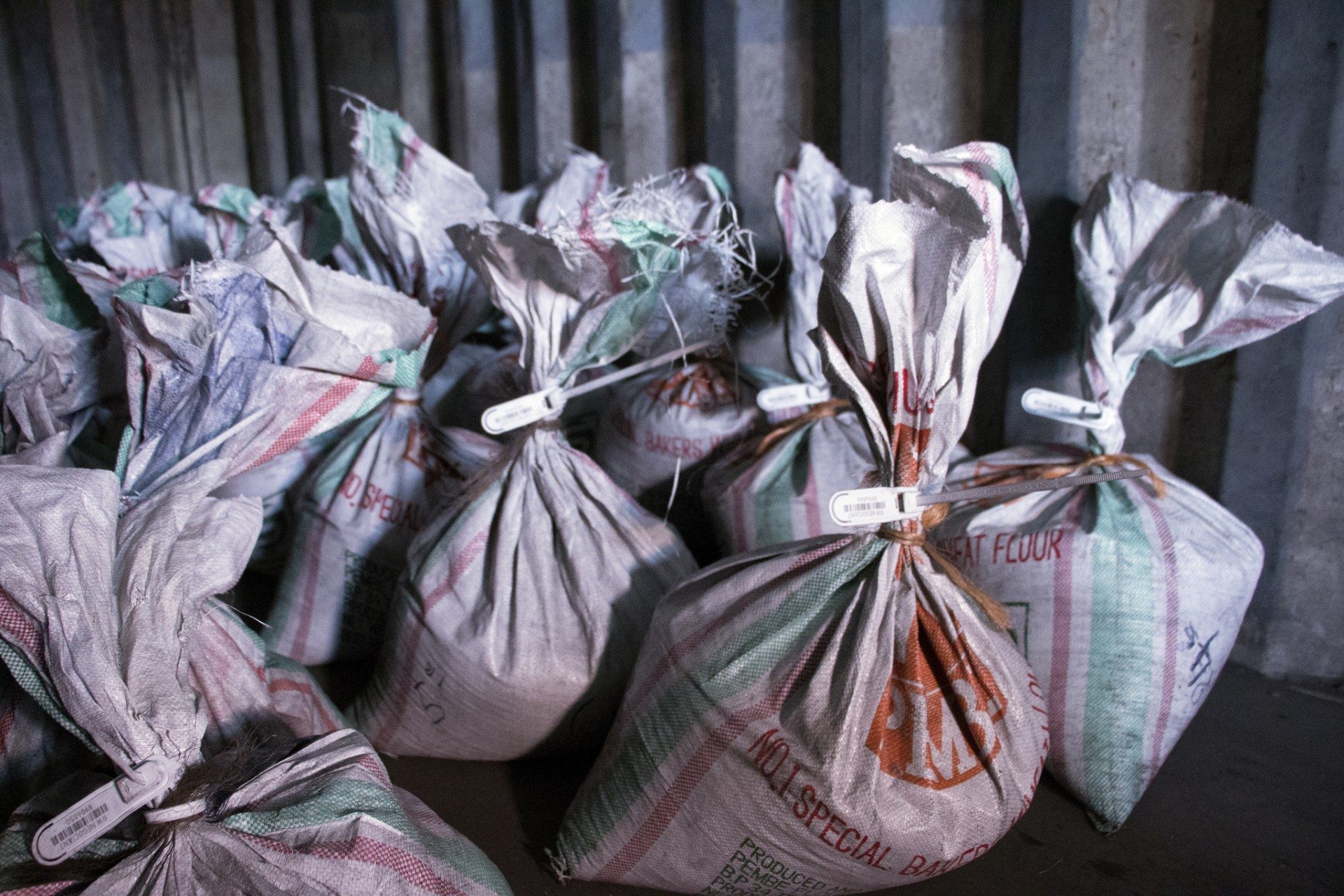
So, while the new EU legislation won’t affect our business model, we do believe that it will open up many new opportunities – especially for collaboration. As more companies realize and embrace the benefits of making supply chain improvements, it will help us to find new partners who are interested in going beyond the basic reporting requirements. We look forward to collaborating with a wider network to create lasting change.
In the meantime, consumers, keep on voting with your wallets and show you care about transparent supply chains for your products. Businesses, suppliers, and stakeholders, contact us if you think Fairphone can be a platform for new, innovative initiatives.
